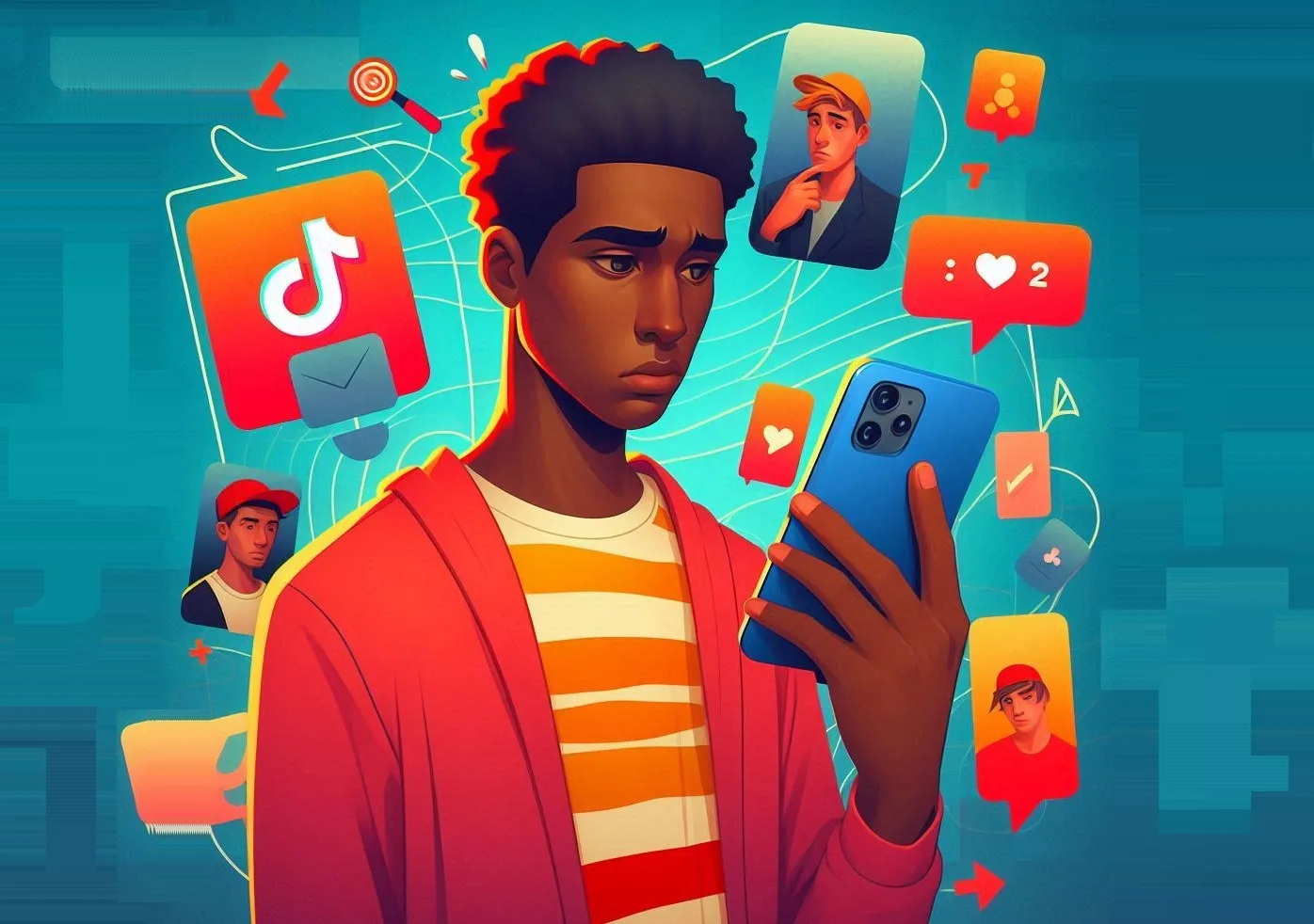The Impact of Short-Form Videos on Teen Body Image and Eating Habits
The rising popularity of short-form video platforms has sparked concern about its potential effects on adolescent well-being. Recent studies suggest a correlation between frequent consumption of these videos and negative outcomes, particularly concerning body image, eating habits, and social comparison, especially among young girls.
Increased Body Dissatisfaction
Exposure to curated and often unrealistic portrayals of bodies on platforms like TikTok and Instagram Reels can fuel body dissatisfaction among teens. The constant stream of seemingly perfect physiques can lead to feelings of inadequacy and pressure to conform to unattainable beauty standards.
Unhealthy Eating Behaviors
The same studies have shown a link between short-form video consumption and unhealthy eating behaviors. This can manifest in several ways:
- Increased dieting: Teens might resort to restrictive diets in an attempt to achieve the body types they see online.
- Disordered eating patterns: The pressure to be thin or fit can contribute to unhealthy relationships with food.
- Negative self-perception: Constant comparison can cause teens to view their bodies negatively, impacting their overall well-being.
The Role of Social Comparison
Social comparison, the act of comparing oneself to others, is a natural human tendency. However, social media can amplify this behavior, especially for teens. When adolescents constantly see idealized versions of others, they may start to feel insecure about their own bodies, accomplishments, and lives. The impact is especially noticeable in girls.
Why Girls May Be More Vulnerable
Studies indicate that girls might be more susceptible to the negative effects of short-form videos. This could be because:
- Societal pressures: Girls often face greater societal pressure to conform to specific beauty standards.
- Targeted content: Algorithms may expose girls to more content focused on appearance and weight.
Final Overview
While short-form videos can be entertaining and informative, it’s important to be aware of their potential impact on teen mental and physical health. Encouraging critical thinking, promoting body positivity, and setting healthy boundaries around social media use can help mitigate these risks. Parents, educators, and teens themselves all play a role in fostering a healthy relationship with online content.




+ There are no comments
Add yours